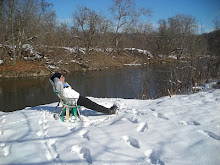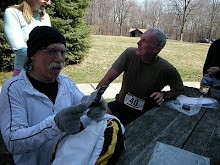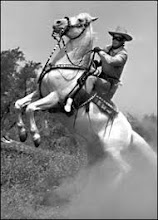Have you ever done an Amish person? They are so much the best, so healthy, back in the day I met a girl who was in the middle of her rumshpringa, it was a time I'll never forget. She was all about no time like the present!
I remember we would sit up on the crest of this hill that overlooked her six hundred acre farm, drinking cheap beer and having sex in the back seat of my car. She was seventeen and I had just turned eighteen.
I remember we would sit up on the crest of this hill that overlooked her six hundred acre farm, drinking cheap beer and having sex in the back seat of my car. She was seventeen and I had just turned eighteen.
The strange thing was that normally Amish people dress with humility in mind, but because she was doing the rumshpringa, she would buy the craziest loud clothing from Kmart. She worked out at a Burger King on the interstate during this time of run around.
I would leave and she would walk down this winding road to the families big white clapboard farm house, it had a great front porch on it, I never even thought about going down there with her or even asking to meet her family.
I stopped by their farm when I was in my late 30's to buy a pie, I walked right up onto that great porch, memories bubbling, the place had not changed a bit, I yelled "anybody home" and the screen door swung open and this young girl runs out, wearing a white bonnet and blue romper, she was barefoot, maybe 15 years old, and she looked just like i remembered her mom looking. She took my breath away, I said to her, "you have a beautiful farm", and she looked at me and smiled and "We do, we like it".
I was tempted to ask to talk with her mom, but figured I had gone back into the time tunnel far enough for that day, took my pie and got the heck out of there.
As I turned to walk away, I could have sworn I saw her mom in the window, but who knows, they never use curtains, so it could have been anyone.
I enjoyed every bite of that pie, strange how reality is ok that way. Petrol culture won't leave you with any memories at all.
I would leave and she would walk down this winding road to the families big white clapboard farm house, it had a great front porch on it, I never even thought about going down there with her or even asking to meet her family.
I stopped by their farm when I was in my late 30's to buy a pie, I walked right up onto that great porch, memories bubbling, the place had not changed a bit, I yelled "anybody home" and the screen door swung open and this young girl runs out, wearing a white bonnet and blue romper, she was barefoot, maybe 15 years old, and she looked just like i remembered her mom looking. She took my breath away, I said to her, "you have a beautiful farm", and she looked at me and smiled and "We do, we like it".
I was tempted to ask to talk with her mom, but figured I had gone back into the time tunnel far enough for that day, took my pie and got the heck out of there.
As I turned to walk away, I could have sworn I saw her mom in the window, but who knows, they never use curtains, so it could have been anyone.
I enjoyed every bite of that pie, strange how reality is ok that way. Petrol culture won't leave you with any memories at all.
Submitted by Carl Cimini







